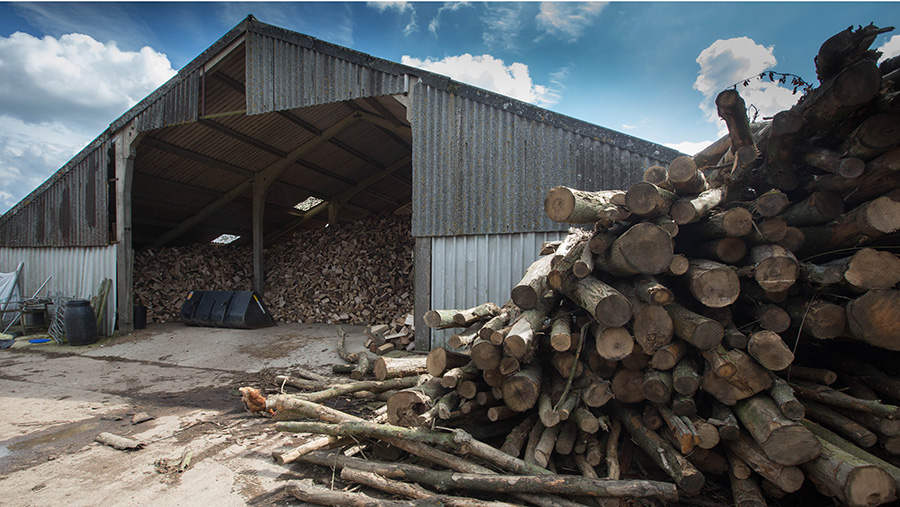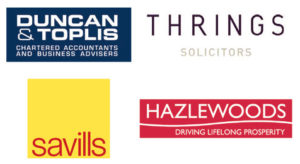Business Clinic: How to charge VAT correctly on cropping
 © Tim Scrivener
© Tim Scrivener Whether you have a legal, tax, insurance, management or land issue, Farmers Weekly’s Business Clinic experts can help.
Here, Mary Maclachlan, VAT specialist with Duncan & Toplis, explains the different rates of VAT for different types of crop.
Q I am a farmer and I grow crops to sell to different types of customers and do not charge VAT because they are a food item. However, I am told that sometimes I should be charging VAT on some of my sales – please advise.
A The answer is that it depends. The law states that seeds or other means of propagation of plants comprised of food of a kind used for human consumption or animal feeding stuffs is zero-rated for VAT, so no VAT is charged.
HMRC in its VAT manual states that theoretically this interpretation is not strictly correct in law as it would only cover those plants that are themselves harvested and eaten and not those that simply produce yearly crops.
For example, it would cover vegetable plants, such as turnips or sugar beet, but not apple trees or raspberry canes.
See also: Business Clinic: Is stamp duty payable on land transfer?
However, since the intention of the law is to keep VAT out of the food chain as far as possible, HMRC has always interpreted the zero rate as including plants yielding or producing food for human consumption as well as those that are food in their own right. This enables relief to apply to the full range of food-bearing plants and crops.
However, HMRC does not accept food as including all edible products, so it does not allow relief to all edible plants and crops, but restricts it to those whose primary purpose is to provide food.
What is the law on non-food crops?
Plants and crops grown for non-food purposes will be standard rated for VAT at 20%.
Maize and rye grown for anaerobic digester plants are not grown to provide food but to be used for a non-food purpose.
Similarly, straw sold to market gardeners for use as composting material is sold for a non-food purpose.
Therefore the sale of crops, for these non-food purposes, is standard rated for VAT at 20%.
Farmers can also make supplies of domestic fuel and power, and charge at the reduced rate of VAT of 5%. For example, a supply of wood, peat or charcoal that you hold out for sale solely as fuel qualifies for the reduced rate of VAT, provided that your customer does not intend to resell it.
Ready-cut pieces of wood held out for sale specifically as firewood can also be sold at the reduced rate of VAT of 5%.
In summary, if the crops are sold for the primary purpose of providing food then you can charge your customers without VAT (zero-rated) but if you are selling the crops for non-food purposes, like for anaerobic digesters, then you will have to charge standard rated VAT of 20%.
Do you have a question for the panel?
 Outline your legal, tax, finance, insurance or farm management question in no more than 350 words and Farmers Weekly will put it to a member of the panel. Please give as much information as possible.
Outline your legal, tax, finance, insurance or farm management question in no more than 350 words and Farmers Weekly will put it to a member of the panel. Please give as much information as possible.
Send your enquiry to Business Clinic, Farmers Weekly, RBI, Quadrant House, The Quadrant, Sutton, Surrey SM2 5AS.
You can also email your question to fwbusinessclinic@rbi.co.uk.
